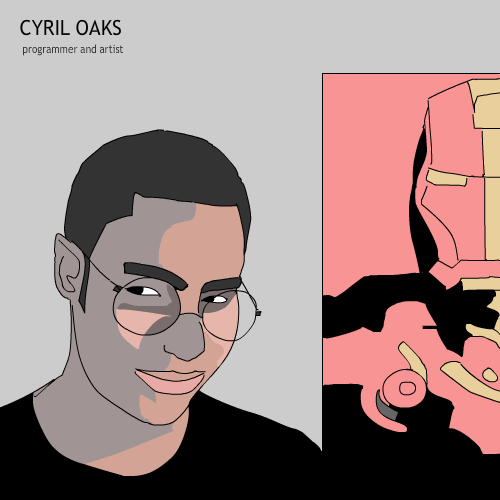Ever notice how your clean desk inevitably attracts clutter? Or how your neatly folded clothes somehow transform into wrinkled heaps? It's not your imagination—it's entropy at work, silently shepherding order into disorder with methodical patience.
Let's break this down step by step. Entropy is simply the measure of disorder in a system. Think about dropping a single drop of food colouring into a glass of water. Initially, there's clear separation—coloured dye and clear water. But watch closely as the dye spreads, swirls, and eventually distributes itself throughout the entire glass. That's entropy in action—the natural dispersal of concentrated order into diffuse randomness.
The Second Law of Thermodynamics tells us something critical: in any closed system, entropy always increases over time. This is key—closed systems. When no energy enters or leaves, disorder inevitably grows. Your abandoned garden becomes overgrown. Your unused piano collects dust. Your unattended relationships slowly fade. Without inputs of energy to maintain order, chaos creeps in through every available crack.
Consider your refrigerator—a perfect example of the closed versus open system distinction. Inside that humming box, food stays cold, defying the natural tendency to warm up to room temperature. But this apparent violation of entropy is an illusion. Your fridge is an open system, constantly drawing electricity to pump heat outward. The moment that power stops, entropy quickly asserts itself as everything inside warms and eventually spoils.
What's fascinating is that from this very tendency toward disorder springs the possibility of life itself. From decay comes rebirth. From dissolution comes recombination. The fallen tree in the forest doesn't simply disappear—it becomes soil, nutrients, and home to countless organisms. Its very disintegration enables new growth. From all life begets death, and from all death begets life—a continuous cycle where entropy serves not as destroyer, but as transformer.
Think about the universe itself—born from what appears to be perfect order (or perhaps nothing at all), expanding into increasing complexity through the very processes that increase overall entropy. Stars form, burn, and eventually explode, scattering their elements across vast distances. Those scattered elements—carbon, oxygen, nitrogen—become the building blocks of planets, oceans, and eventually, life. What appears as cosmic deterioration on one scale enables creation on another.
Our bodies are masterfully designed open systems within this greater cycle. We take in energy through food, oxygen, and sunlight, using it to maintain our intricate internal order. Meanwhile, we export disorder through heat, waste, and exhalation. We haven't cheated entropy—we've just redirected it, participating in the great exchange of order and disorder that characterises all living things.
There's something deeply hopeful in this understanding. While entropy in closed systems is inevitable, we live in and create open systems all the time. Your garden thrives not because it defies entropy, but because it harnesses entropy's creative potential through constant exchange with its environment. Your relationships flourish through the dynamic interplay of giving and receiving energy.
So perhaps entropy need not be feared at all. The universe tends toward disorder, yes, but that very tendency creates the conditions for structure, complexity, and beauty to emerge in open systems. Nothing is truly lost—only transformed. The energy that comprised the dinosaurs still exists today, redistributed into countless other forms. The hydrogen atoms in your body were likely born in the first moments after the Big Bang.
Next time you find yourself tidying up yet again, remember: you're not just fighting against disorder—you're participating in the fundamental creative process of the universe. You're momentarily redirecting energy to create something meaningful, adding your own small contribution to the cosmic dance of entropy and order.
In this light, entropy isn't our enemy—it's the canvas upon which all creation unfolds. Without the possibility of disorder, there could be no order worth creating. Without endings, there could be no beginnings. Without winter's decay, spring's rebirth would be impossible.
April 27, 2025, 3:03 p.m.
all posts
